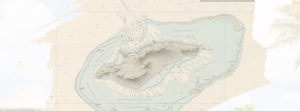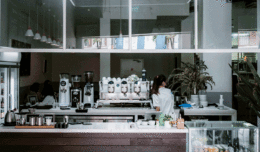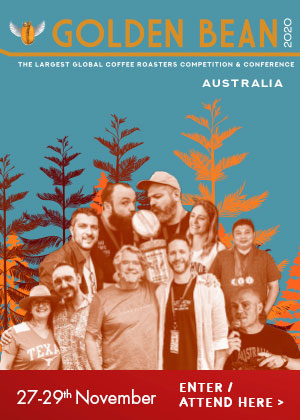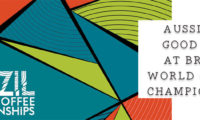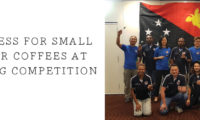Australia might be famous for its coffee scene, but 5,500km away on Rimatara, one of the 118 Islands of Tahiti, you will find the world’s most secluded coffee plantation. Rimatara is the western most inhabited island within The Islands of Tahiti, located 550km south of Tahiti and 150km west of Rurutu (its closest inhabited island).
With the tropical climate and regular rainfall, combined with the volcanic soils on the islands, Rimatara is the perfect environment to grow Arabica and Red Cattura beans – both types of beans offer a sweet and fruity coffee taste.
Coffee from Rimatara is grown, harvested, processed and roasted on the island by locals who specialise in the trade, meaning the coffee is expertly produced.
With 780 inhabitants, the exotic coffee plantation is responsible for the economic advancement and the sustainability of life on Rimatara.
With Rimatara being the western most inhabited island within The Islands of Tahiti, Rurutu is its closest neighbour at 150km away, and Rapa Iti 1000km east – all three islands grow coffee beans in the world’s most remote and smallest locations.
Rimatara, Rurutu and Rapa Iti are all part of the Austral Archipelago – the southern most group of islands in French Polynesia.
With lush green land and mountainous scenery, the tropical climate and regular rainfall, combined with the volcanic soils on the islands, make for the perfect environment to grow Arabica and Red Cattura beans.
The beans that grow on the islands offer a sweet and fruity coffee taste, with smooth aromatic qualities, the coffee also has a beautiful fragrance.
The exotic coffee plantations on the islands are responsible for the economic advancements, with coffee production as the main source of income for over 25% of the 2000 inhabitants on Rurutu.
These islands are so remote, Rapa Iti for example can only be reached by cargo ship once a month, so these really are the most remote coffee plantations in the world.
For more information, visit www.tahititourisme.com.au.
by Natalie Chandler
For full online article and other great stories visit our latest Cafe Culture Digital Magazine


